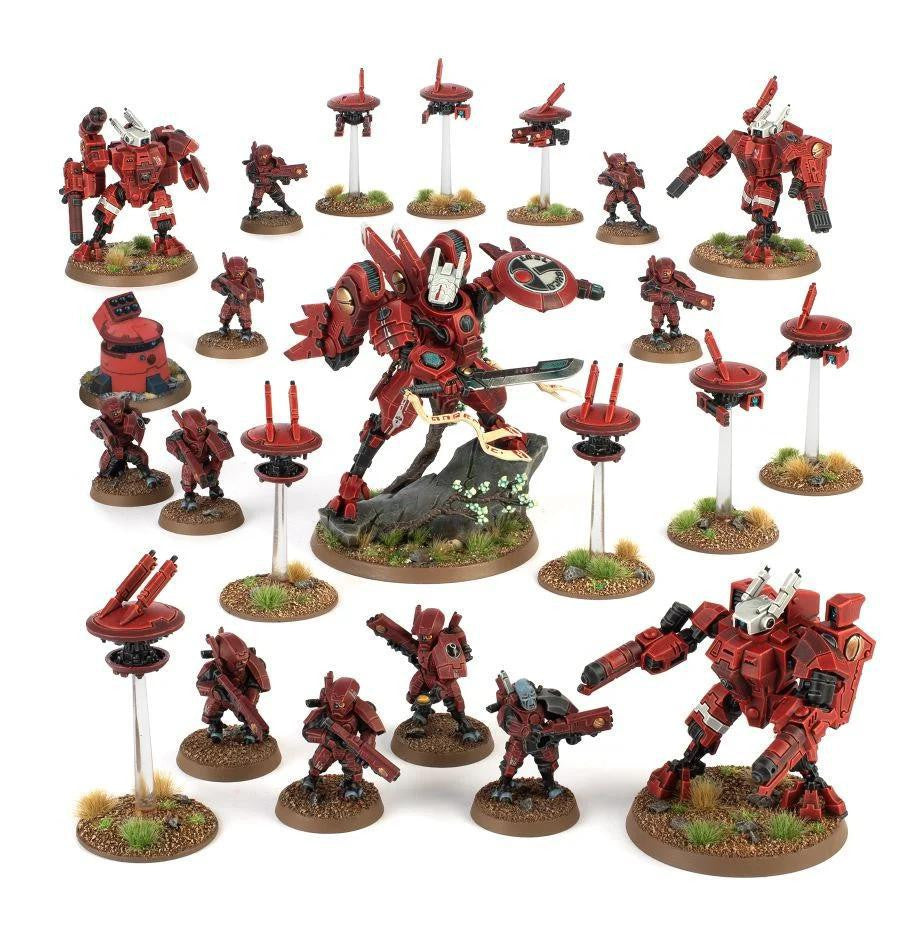The heron flies over the Himeji sky while the Daimio, from the top of the castle, watches his servants move. Gardeners tend the pond where the koi carp live, warriors stand guard on the walls, and courtiers crowd the gates, pining for an audience that brings them closer to the innermost circles of the court. When night falls, the lanterns are lit and the workers return to their clan.
In The White Castle, players control one of these clans and want to score more points than the rest. To do so, they must amass influence in the court, manage resources boldly, and place their workers in the right place at the right time. All of the action takes place in the most imposing fortress in modern Japan: Himeji Castle, where the banner of the Sakai clan flies under the orders of Daimio Sakai Tadakiyo.
The White Castle is a Eurogame in which players use resource management, worker placement, and dice placement to carry out actions. During the game, over three rounds players send members of their clan to tend the gardens, defend the castle, or progress up the social ladder of the nobility. At the end of the match, these activities award players points in a variety of ways.
The central panel shows Himeji Castle in all its splendor, divided into several zones. The largest is inside the castle, with the Room of the Thousand Carpets, where the courtiers must ascend socially until they reach the circle closest to the Daimio to enjoy his favor. There is also the pond and the gardens, patiently tended by the gardeners where everyone can relax and contemplate its beauty without restriction. Another important area is the wall and the outside of the castle, where the warriors patrol and stand guard. Finally, we find the area of the three bridges, where the three types of dice that can be used to carry out actions are accumulated, and the personal domain of each player, where they will keep track of their resources and where they will have a reserve of workers.
- Author Isra C., Shei S.
- Illustrator Joan Guardiet















































